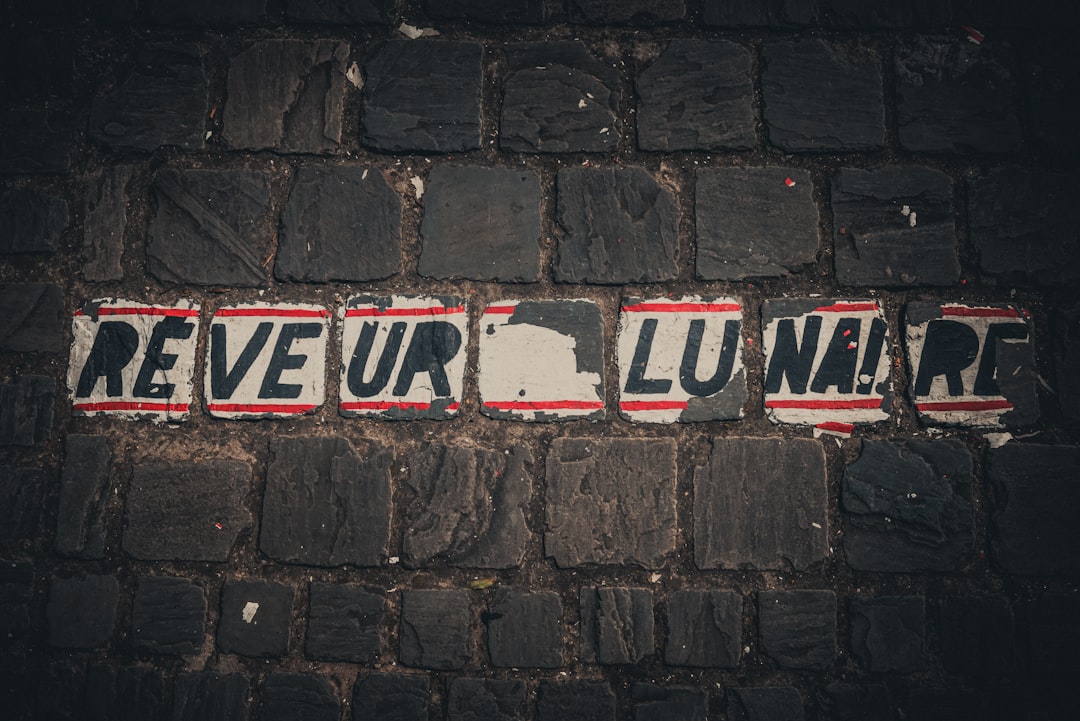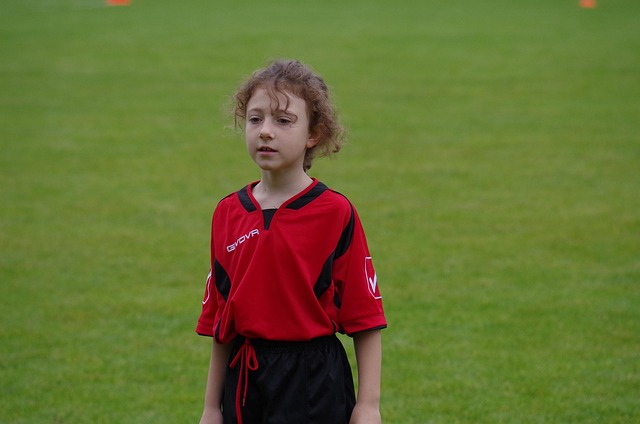GPS tracking is a powerful tool in Hudson County, New Jersey, for child abuse cases, providing real-time location data and evidence of court order compliance. Child abuse lawyers in Jersey City, NJ, use GPS monitoring to build robust case strategies and ensure swift intervention. This technology offers peace of mind, aids in evidence gathering, and helps protect vulnerable children while balancing privacy concerns. A successful case involved tracking a child's movements for safety, reducing exposure to harm, and expediting legal proceedings.
In Hudson County, New Jersey, GPS tracking technology is transforming the way child abuse cases are handled. This innovative tool offers unparalleled insights into a child’s location and activities, enhancing safety measures for vulnerable individuals. The article delves into the legal framework governing GPS monitoring, exploring its benefits in preventing and mitigating child abuse. We also examine ethical considerations and privacy concerns, drawing from case studies that highlight successful implementations in Hudson County, emphasizing the role of a child abuse lawyer in Jersey City, NJ.
Understanding GPS Tracking Technology in Child Abuse Cases

GPS tracking technology has become an invaluable tool in the field of child welfare, particularly in cases involving potential or reported abuse. In Hudson County, New Jersey, where a significant number of child abuse incidents occur each year, GPS monitoring offers a proactive approach to ensuring the safety and security of vulnerable children. This technology allows for real-time location data, providing peace of mind to parents, guardians, and law enforcement agencies.
For child abuse lawyers in Jersey City NJ, GPS tracking can be instrumental in building a robust case strategy. It provides physical evidence of a parent’s or caregiver’s compliance with court-ordered restrictions, such as no contact orders or supervised visitation. Moreover, it helps in swiftly identifying potential violations, enabling swift intervention by legal and protective services. This technology is a game-changer in navigating the complex landscape of child abuse cases, ensuring that justice is served and children are kept safe.
Legal Framework for GPS Monitoring in Hudson County

In Hudson County, the legal framework for GPS monitoring in child abuse cases is governed by a combination of state laws and local regulations designed to protect vulnerable children and hold perpetrators accountable. A child abuse lawyer in Jersey City, NJ, plays a vital role in navigating this complex landscape, ensuring that all legal requirements are met while advocating for the best interests of their young clients. These monitoring programs are often ordered as part of protective orders, providing real-time location data to prevent further harm and facilitate swift intervention by authorities.
The implementation of GPS tracking in child abuse cases is meticulously regulated to maintain privacy and security. Authorized personnel, including law enforcement and social services, access this information under strict legal parameters, ensuring that the rights of both the child and the accused are protected. This balanced approach aims to foster a safe environment for children while upholding the principles of fairness and due process, reflecting the commitment of Hudson County to addressing child abuse effectively.
Benefits of GPS Tracking for Vulnerable Children

GPS tracking offers a powerful tool in the fight against child abuse, providing an additional layer of safety for vulnerable children. By attaching GPS devices to children’s belongings or clothing, authorized personnel can monitor their location in real-time. This feature is especially beneficial during court-mandated visits or releases, ensuring children remain within specified areas and immediately alerting authorities if they venture outside approved boundaries.
For child abuse lawyers in Jersey City, NJ, GPS tracking can serve as a valuable evidence tool, supporting cases and helping to secure justice for victims. It provides concrete data on a child’s movements and interactions, which can be crucial in establishing patterns of behavior or potential violations. This technology promotes peace of mind for families, knowing their children are being actively monitored and protected from harm.
Ethical Considerations and Privacy Concerns Arising

The implementation of GPS tracking in Hudson County child abuse cases raises significant ethical considerations and privacy concerns, especially for those involved in legal proceedings. While technology can aid in evidence gathering and ensuring safety, it also presents a delicate balance between justice and individual rights. Child abuse lawyers in Jersey City, NJ, must navigate these waters carefully, advocating for their clients’ best interests while respecting the privacy of all parties.
One primary concern is the potential invasion of privacy, as GPS tracking devices can capture detailed information about an individual’s movements and activities. This data could include sensitive locations such as homes, schools, and medical facilities, raising questions about who has access to this information and how it is protected. Additionally, there must be strict protocols in place to ensure that the tracking is conducted with transparency and only when absolutely necessary, particularly regarding minors involved in abuse cases.
Case Studies: Success Stories from Hudson County

In Hudson County, GPS tracking has emerged as a powerful tool in the fight against child abuse, with numerous successful cases demonstrating its effectiveness. One notable example involves a child abuse lawyer in Jersey City, NJ, who utilized real-time GPS monitoring to track the movements of a child placed in protective custody. This innovative approach allowed the attorney to ensure the child’s safety and well-being, even when they were not physically present. By monitoring the child’s location, the lawyer could quickly respond to any potential risks or deviations from the established safety plan.
The case resulted in a significant reduction in the child’s exposure to harmful environments and led to a faster resolution of the legal proceedings. This success story highlights how GPS tracking can empower child abuse lawyers in Jersey City, NJ, to provide more proactive and comprehensive legal representation, ultimately safeguarding the interests and security of their young clients.






